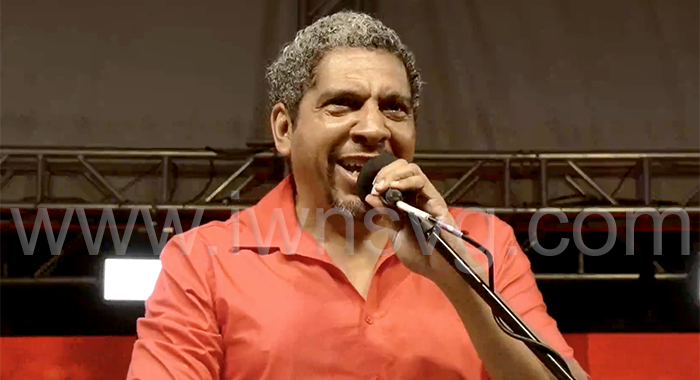Camillo Gonsalves, the eldest son of St. Vincent and the Grenadines’ Prime Minister Ralph Gonsalves, has been a central figure in the nation’s political landscape since his appointment as the parliamentary representative for East St. George (ESG) in December 2015. Born in Philadelphia on June 12, 1972, Camillo’s rise to prominence has been marked by controversy, with critics questioning his qualifications and the motives behind his rapid ascent. Initially appointed as the minister of economic planning, sustainable development, industry, trade, information, and labor, Camillo’s portfolio expanded in 2017 to include finance, a move that left many in the civil service and Parliament astounded. Despite his re-election in November 2020 by a narrow margin of 196 votes, concerns persist about his lack of expertise in key areas such as economics, finance, and information technology, given his academic background in journalism, law, and global affairs. Critics argue that his appointments are part of a broader strategy by his father to position him as the heir apparent to the premiership, sidelining other potential successors like Sabato Caesar, who has been confined to the Ministry of Agriculture. Questions about Camillo’s genuine connection to ESG and his commitment to its constituents have further fueled skepticism. Critics accuse him of neglecting the constituency for most of his term, only showing interest in the months leading up to elections. Additionally, his support for a Jamaican-owned seafood company’s fish depot in Calliaqua has raised concerns about its impact on local fisherfolk. The article concludes with a call to action for voters to reject the Gonsalves dynasty in the upcoming elections, urging support for the opposition New Democratic Party (NDP) to restore integrity and equity to the nation’s governance.
